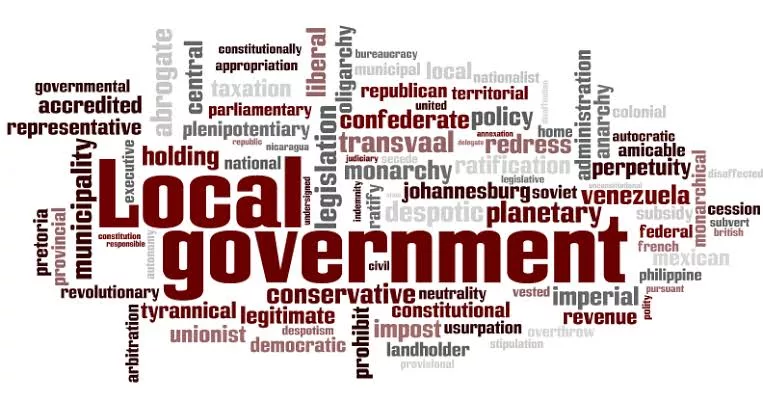Political Culture and Political Socialization
Meaning/Definition of Political culture
Political culture can be defined as the values, beliefs and norms that guide the political behavior of the people in a given society. The concept includes the development of the political system, the electoral system and people’s attitude to its operation.
Components of political culture
1. Cognitive orientation: This refers to the understanding, beliefs and knowledge of the people about their political system and its officials.
2. Evaluative orientation: This refers to the extent which the citizenry are able to assess the operation of the political system, the individuals controlling state institutions, and the extent of their success in achieving set objectives.
3. Effective orientation: This refers to the attitude of the citizenry to the political system and the functioning of the political instructions.
Meaning/Definition of Political socialization
Political socialization refers to the process of acquiring political beliefs, values, attitudes as well as citizenship training that develop a citizen’s political behaviour.
It is the process in which people learn the political culture of their environment from childhood to adulthood, as transmitted from generation to generation.
Agents of political socialization
1. The family: The family is the first point of learning for a child, and the elementary, knowledge of politics, such as power, authority and allocation of values therefore starts from the family.
Parents sometimes educate their little ones about the family’s political affiliation, with the result that the child’s understanding and experience of political activities may commence from the family level.
2. Political parties: Political parties help to educate, and arouse the political awareness and consciousness of the people through manifestos, campaigns, rallies, seminars, etc.
3. The school: Educational institutions provide avenues for informed political talks, discussions, and debate which politically socialize the people.
4. Peer group: This refers to people of the same age group. The group one interacts with influences one’s attitude and beliefs. Peer groups therefore help to shape the political beliefs and attitude of citizens.
5. Mass media: The mass media refers to radio, television and newspaper. They help to politically socialize their audience through the news, comments and analyses which they publish or broadcast.
6. Social/religious institutions: Social or religious institutions such as trade unions, religious groups and social clubs sometimes discuss political issues which politically socialize their members. Some of these groups sometimes also give to their members training on political rights, duties and obligations of citizens.
